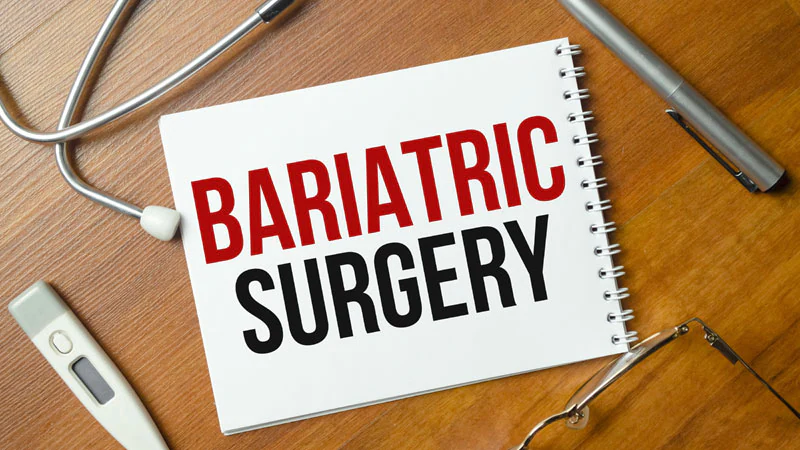The name “bariatric” is derived from the Greek words “bars” and “strikes,” which mean “weight” and “medicine,” respectively. Bariatric surgery is a type of intestinal surgery that helps severely obese people lose weight.
Extremely obese people (BMI > 40) may benefit from weight-loss surgery if other weight-loss approaches, such as diet control, exercise, and so on, have failed. It’s also indicated for people who are persistently fat and have medical issues that prevent them from exercising, such as arthritic joint illness.
In this article, Dr. Harsh Sheth, one of the best bariatric surgeons in India by Medserg Health, will address everything from pre-surgery planning to post-surgical care and pain management.
The Surgery Day
If you have heart issues or the surgeon requests further monitoring, you may be hospitalised one day before the Gastric Bypass. This is, however, quite unusual. A nurse will get you ready to go to the surgery room when you arrive. You can wait on a stretcher or a chair in the pre-operative area. You’ll be quizzed by nurses, doctors, and anesthesiologists, who will explain what to expect in the operating room. As soon as feasible, an IV will be begun. An epidural catheter can be inserted for pain relief based on your preferences and those of your surgeon.
While surgery takes less than three hours, your family and friends may have to wait four or five hours to see the surgeon. The surgeon will speak with them after the operation.
Post-Operative Care
When you wake up from surgery, you will either be in the recovery room or will be there shortly. You will be transferred to a secure hospital room until your breathing has returned to normal and your vital signs have stabilized, which might take several hours. You will be transferred to a typical hospital room the next day if everything goes well and your blood oxygen levels are normal.
After surgery, tubes and drains
While you are unconscious in the operating room, two more tubes will be placed into your body: a tube to help you breathe while you sleep and a catheter to collect urine from your bladder. The catheter will be left in place for at least one day, if not longer, after the procedure. A sore throat can be caused by the tube in your nose and the breathing tube used during surgery. This discomfort usually goes away within a day or two.
After the surgery, a tube may be placed into the stomach through the nose. After surgery, your nasogastric tube will be retained in place until your stomach has recovered fully. By eliminating secretions from the top section of the stomach, the tube helps to avoid distention of the upper pouch. The use of a nasogastric tube is uncommon in our curriculum, and it is only used in the most extreme cases.
In some situations, your surgeon may choose to implant a tube through your skin into the bottom section of your stomach. This tube is known as a Gastrostomy tube, or G-tube. G-tubes aren’t widely used, but they can help keep the stomach from becoming excessively bloated. If you’ve undergone stomach surgery before, you’re more likely to need a G-tube. G-tubes are frequently used by patients undergoing revisional surgery.
Patient Controlled Analgesia is a pain management technique used by Gastric Bypass patients (PCA). Demerol or Morphine will be given via IV or epidural, with the patient controlling the dose within predetermined limits. PCA aids in the regular administration of small doses of pain medication, resulting in consistent pain relief. After surgery, a nurse in the recovery area will set up your PCA and instruct you on how to use it. To give yourself a dose of medicine, you merely press a button. You wouldn’t be able to take too much medicine if you were on PCA. PCA is effective at reducing pain, but it does not completely eliminate it. For the first few days, you will be extremely sore, but this will soon lessen over the next few days. We also utilize Toradol, an injectable non-steroidal anti-inflammatory medicine. Tylenol is frequently used to cut down on the number of opioids required.
Conclusions
There are numerous risks and consequences associated with bariatric surgery. As a result, you must select the best surgeon for the greatest results and limit the risk of complications following surgery. Dr. Harsh is one of the best bariatric surgeons in India if you are considering bariatric surgery. However, before recommending surgery, your doctor will consider alternative non-surgical options, such as lifestyle adjustments. If these treatments fail to control or reduce the excess weight, he or she will only consider a surgical operation.







